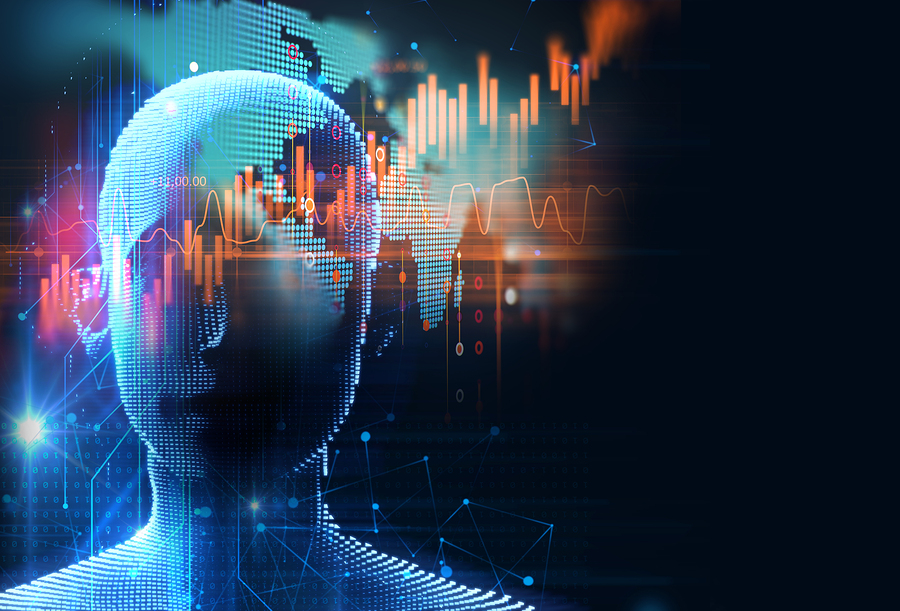Canada’s workforce will be facing fundamental changes in the coming years. Business leaders and politicians need to prepare workers for these disruptions.
The Intelligence Revolution: Future-proofing Canada’s workforce. This is the title of a report co-authored by Deloitte Canada and the HRPA (Human Resources Professionals Association). It urges business and political leaders to prepare workers for the imminent changes related to machine learning and artificial intelligence.
3 factors to take into account
The intelligence revolution is already in progress, and the next decade will see it arrive, with a fragmentation of tasks and three major factors which will influence work. First of all is machine learning, which lets computers learn independently. Secondly, computing power and the transmission of knowledge: when a computer acquires a skill, it can be instantly shared with all others, as if human learning could be transmitted to a newborn. Finally is the point of singularity, when machine intelligence surpasses human intelligence, which some experts say is already here, while others say will take another fifty years. In all cases, this is already changing the way of working, with the creation of new types of jobs and the loss of nearly half of current jobs to be expected.
Urgent measures to be set up
The authors believe that we are in the middle of a second “industrial revolution” which is transforming the nature of work itself and warn that as with any great disruption, there will be winners and losers. Among its recommendations, the report calls for modernizing provincial labour law and the social security net, rethinking universal basic income, reviewing the way of structuring schools both in terms of physical configuration and organization of the school year, and empowering workers to manage their career and thrive in the new world of work.
